Stock Photo Title and Keyword Generator - Stock Photo Title and Keyword Generator
AI-powered tool for creating optimized photo metadata
Create compelling titles and keywords for your Stock images and videos
Generate SEO titles and keywords that are relevant and accurate
Drag and drop up to 5 Pics
Zip folders work too
Get Embed Code
Overview of the Stock Photo Title and Keyword Generator
The Stock Photo Title and Keyword Generator is designed to help photographers, artists, and content creators generate precise, engaging, and search-optimized metadata for stock images, particularly for platforms like Adobe Stock. Its core function is to create descriptive titles and keywords that enhance the visibility and appeal of stock photos, helping them to stand out in a highly competitive marketplace. By analyzing the content of the image, the generator creates unique and captivating titles, along with 40 relevant keywords that prioritize the most important search terms. The goal is to improve the discoverability of images for potential buyers while ensuring accuracy and creative engagement. For example, if the image is of a sunset on a tropical beach, the tool might generate a title like 'Golden Sunset Over Tropical Beach with Gentle Waves' and keywords such as 'Golden Sunset, Tropical Beach, Gentle Waves, Vacation Landscape, Scenic Coastline.' Powered by ChatGPT-4o。

Key Functions of the Stock Photo Title and Keyword Generator
Title Creation
Example
A landscape photo of mountains and a lake might receive the title 'Majestic Mountain Range Reflecting in Serene Lake at Sunset.'
Scenario
Photographers who upload large volumes of images to stock platforms need optimized, descriptive titles. The generator provides ready-to-use titles that meet platform standards, helping content stand out in search results.
Keyword Generation
Example
For an image of a city skyline at night, keywords might include 'city skyline, urban nightscape, skyscrapers, city lights, nighttime photography.'
Scenario
Content creators seeking to improve image discoverability benefit from auto-generated keywords that match the image’s content. These keywords are tailored to increase search relevance and visibility for stock buyers.
Search Optimization
Example
For a close-up image of a blooming rose, the tool would generate keywords and a title that prioritize specific search terms like 'Red Rose in Full Bloom with Dew Drops.'
Scenario
Stock platforms prioritize images that are accurately described and tagged. This tool helps creators craft metadata that aligns with search algorithms, improving the chances of their images being selected by buyers.
Batch Processing for Multiple Images
Example
If a user uploads a zip file of ten different nature photos, the generator creates unique titles and sets of keywords for each one, maintaining accuracy and relevance.
Scenario
Photographers who need to process large portfolios for stock platforms benefit from the efficiency of batch processing, where each image is given its own unique set of metadata.
Target Users of Stock Photo Title and Keyword Generator
Professional Photographers
Photographers who regularly upload their work to stock photo platforms like Adobe Stock or Shutterstock. They benefit from the tool’s ability to create engaging, search-optimized metadata, reducing the time spent on manual title and keyword generation.
Graphic Designers and Content Creators
Designers who need to tag and title their visual content for various platforms benefit from the streamlined and automated process, ensuring their work is searchable and easily discoverable.
Stock Agencies
Agencies that manage large collections of stock photos and need consistent, high-quality metadata for thousands of images. The generator ensures uniformity and searchability, which is essential for marketing images to buyers.
Amateur Photographers and Hobbyists
Casual photographers who are entering the stock photography market for the first time. The tool helps them quickly generate professional-level titles and keywords without needing deep SEO or metadata knowledge.

How to Use Stock Photo Title and Keyword Generator
1
Visit yeschat.ai for a free trial without login, also no need for ChatGPT Plus.
2
Upload your stock photo or zip file containing images. The tool can process individual images or multiple images simultaneously.
3
Allow the AI to analyze the image. This process involves the tool automatically generating accurate titles and relevant keywords based on the image's content.
4
Review the suggested titles and keywords. You can edit or fine-tune the results if needed, ensuring they match the image’s purpose and market.
5
Export the generated metadata and upload your stock photo with the optimized title and keywords to platforms like Adobe Stock for enhanced searchability.
Try other advanced and practical GPTs
Ultra-realistic photo Generator
AI-powered ultra-realistic image creation

Social Network Cover Photo Generater
Craft Your Brand's First Impression

AI Travel Photo Image Prompt Generator
Ignite your creativity with AI-powered travel photo prompts.

Profile Photo Generator
Craft Unique Avatars with AI
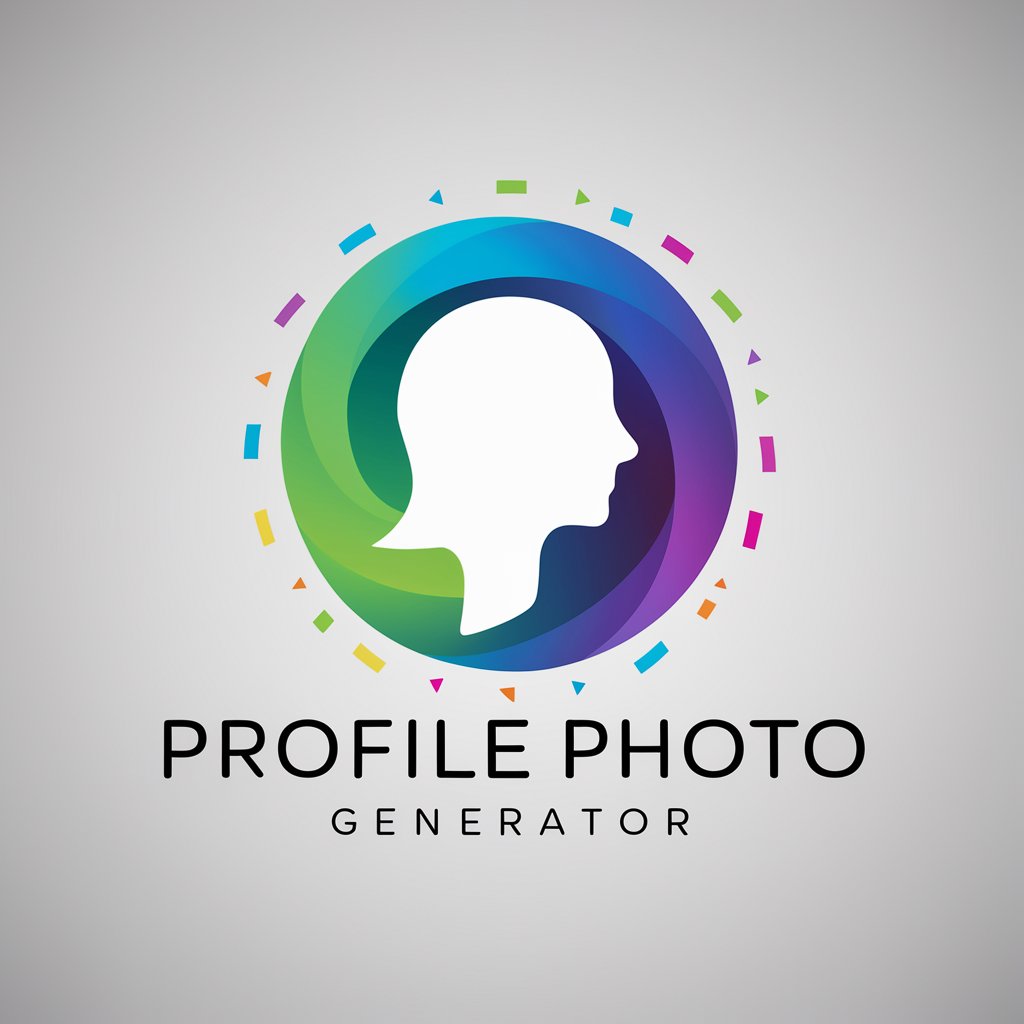
Stock photo title & keyword generator
Elevate Your Images with AI-Driven Titles and Keywords
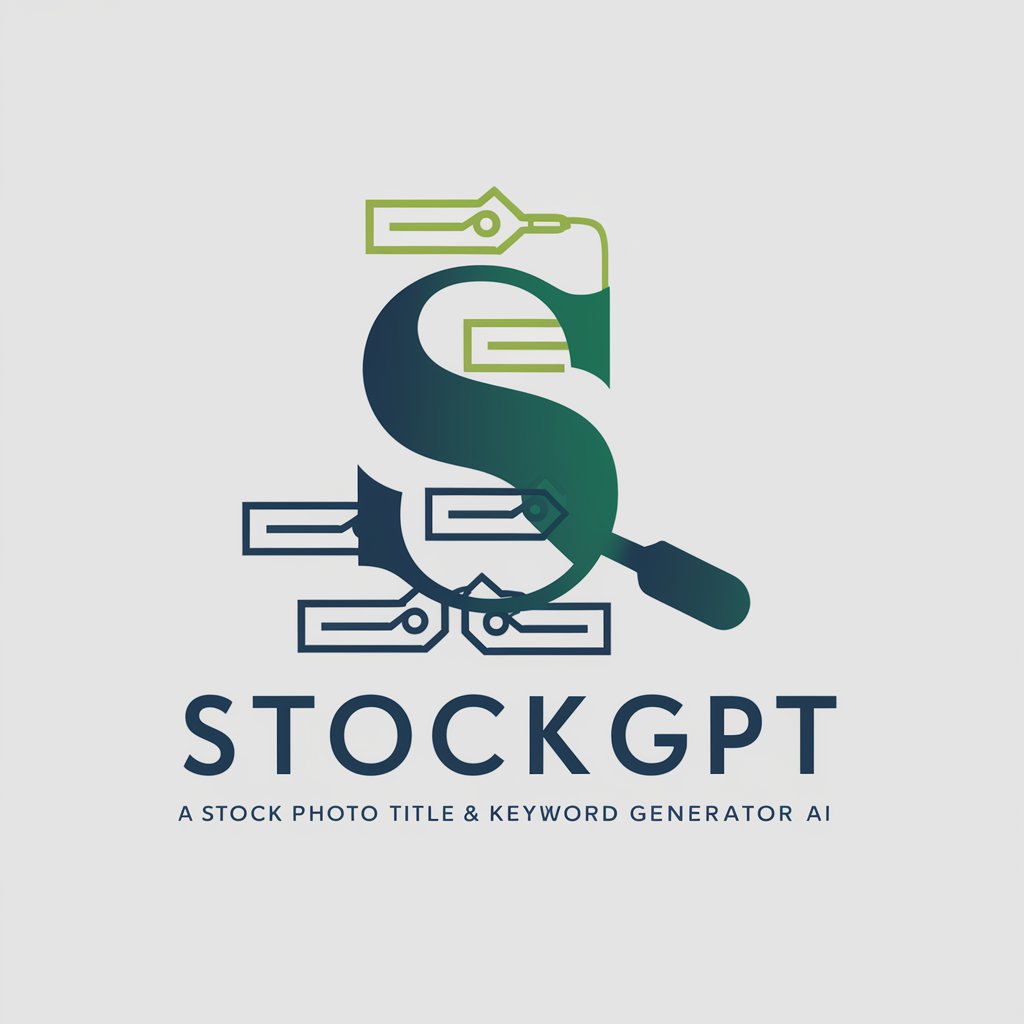
Fisheye Photo Generator
Transform images with AI-powered fisheye distortion.
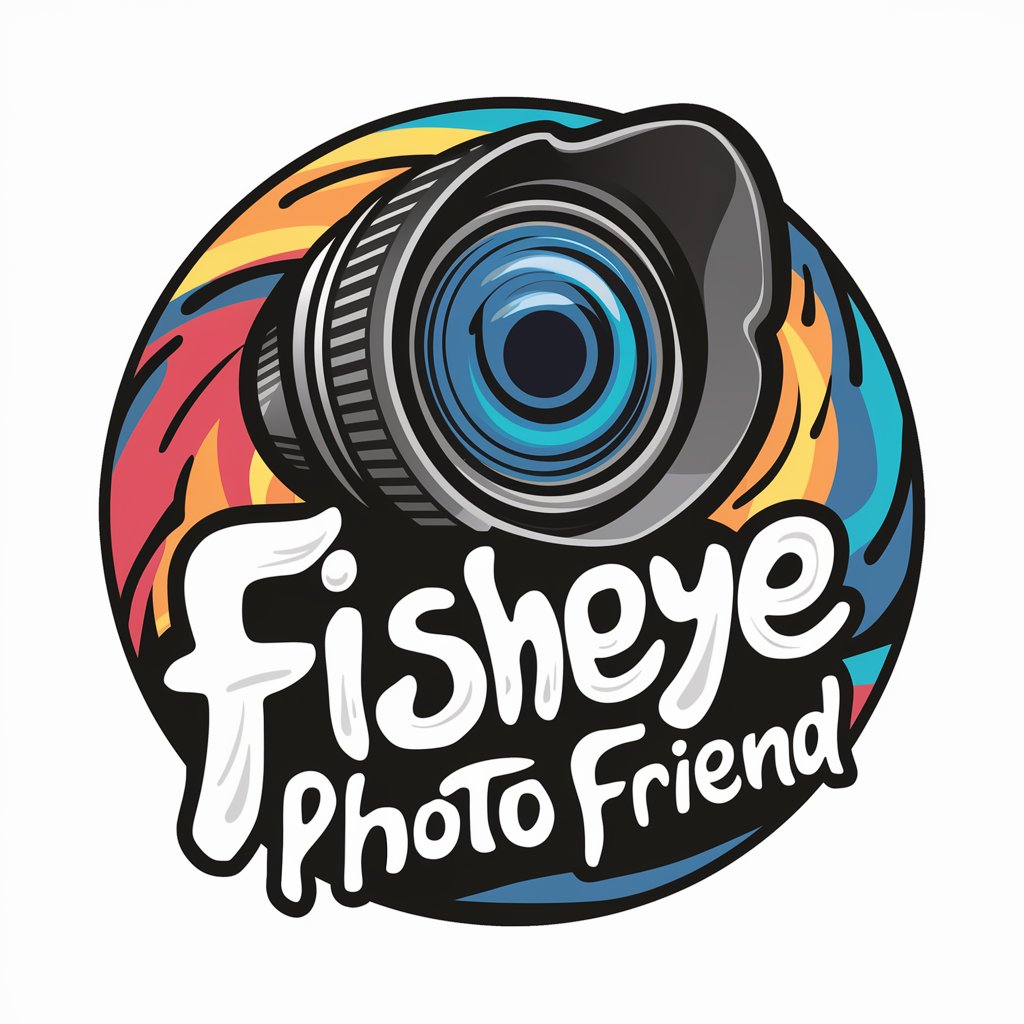
Photo Keywords Generator
Elevate your images with AI-powered SEO

Funnel Builder
Build Smarter, Convert Better
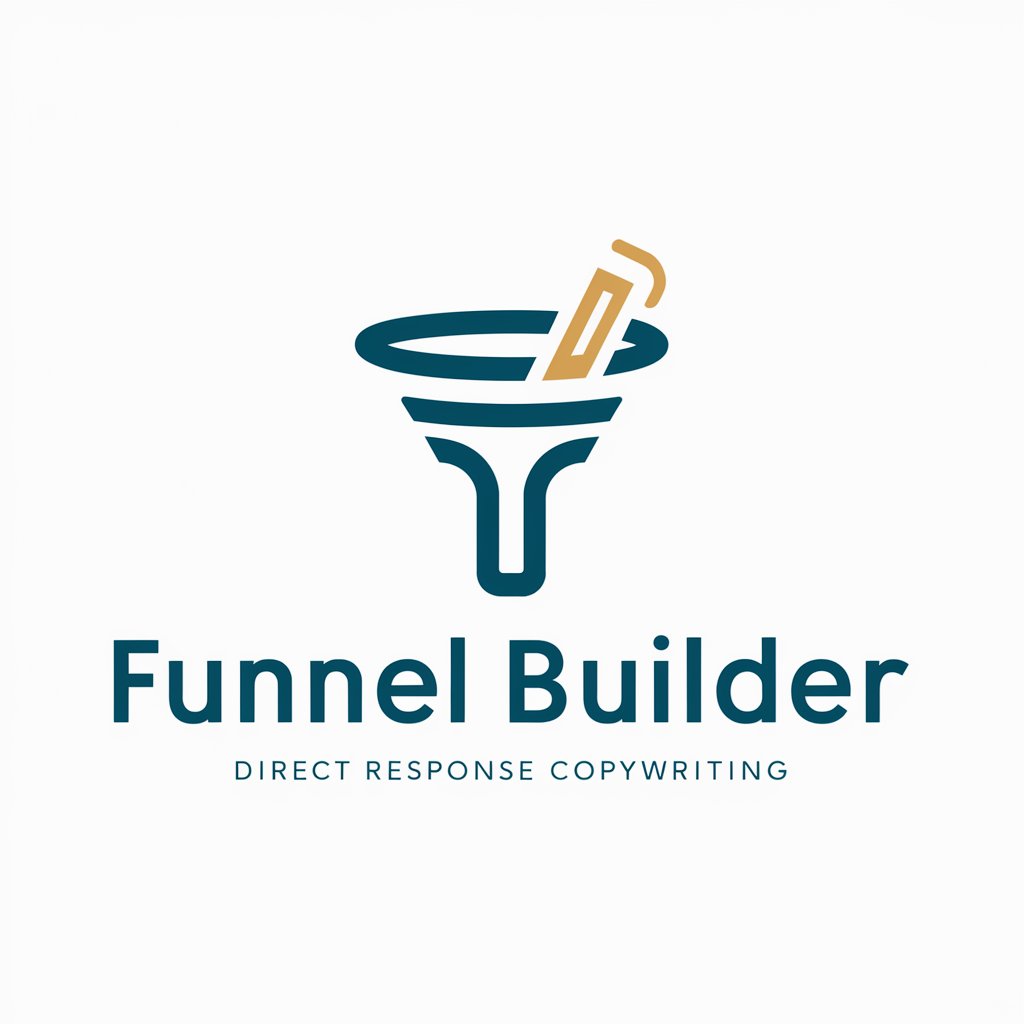
Too Long ; Didn't Read
AI-powered, succinct content summaries.
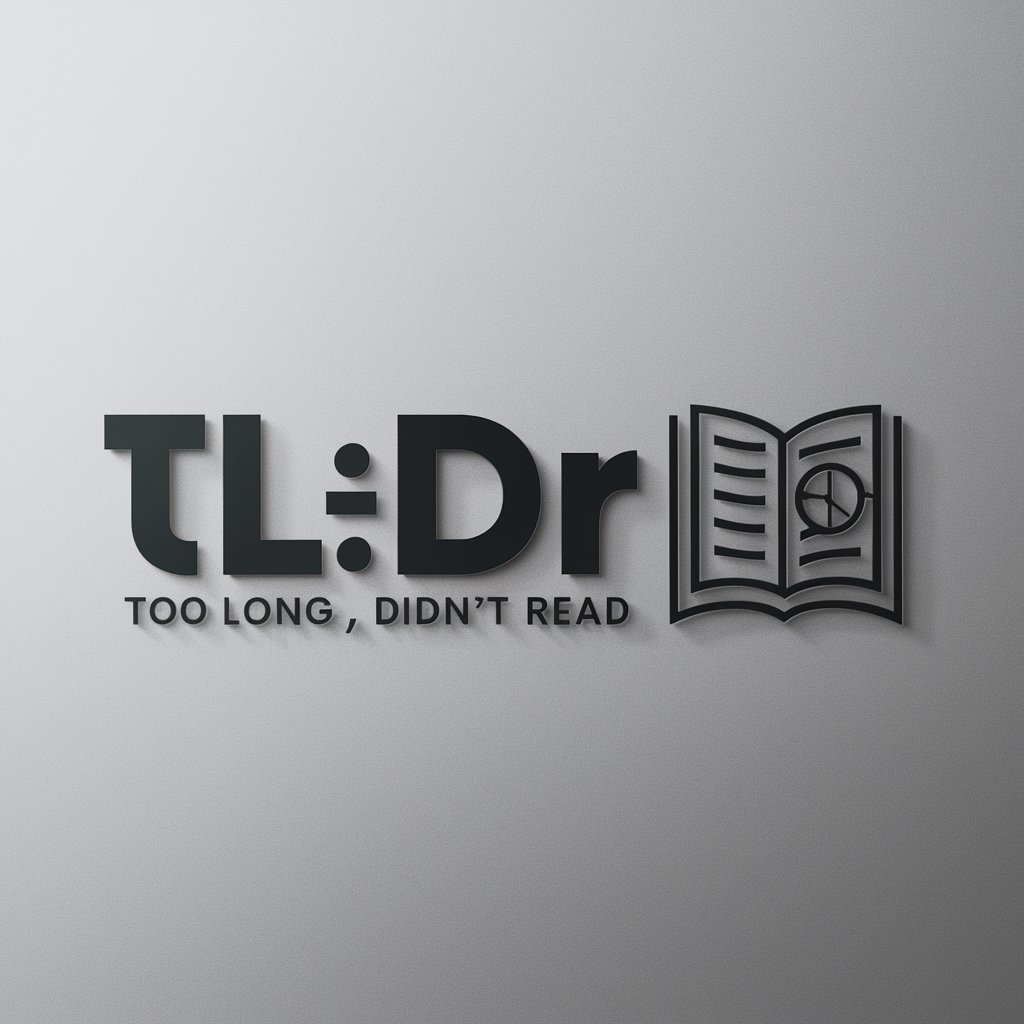
It's never too late
Empowering digital learning across languages.
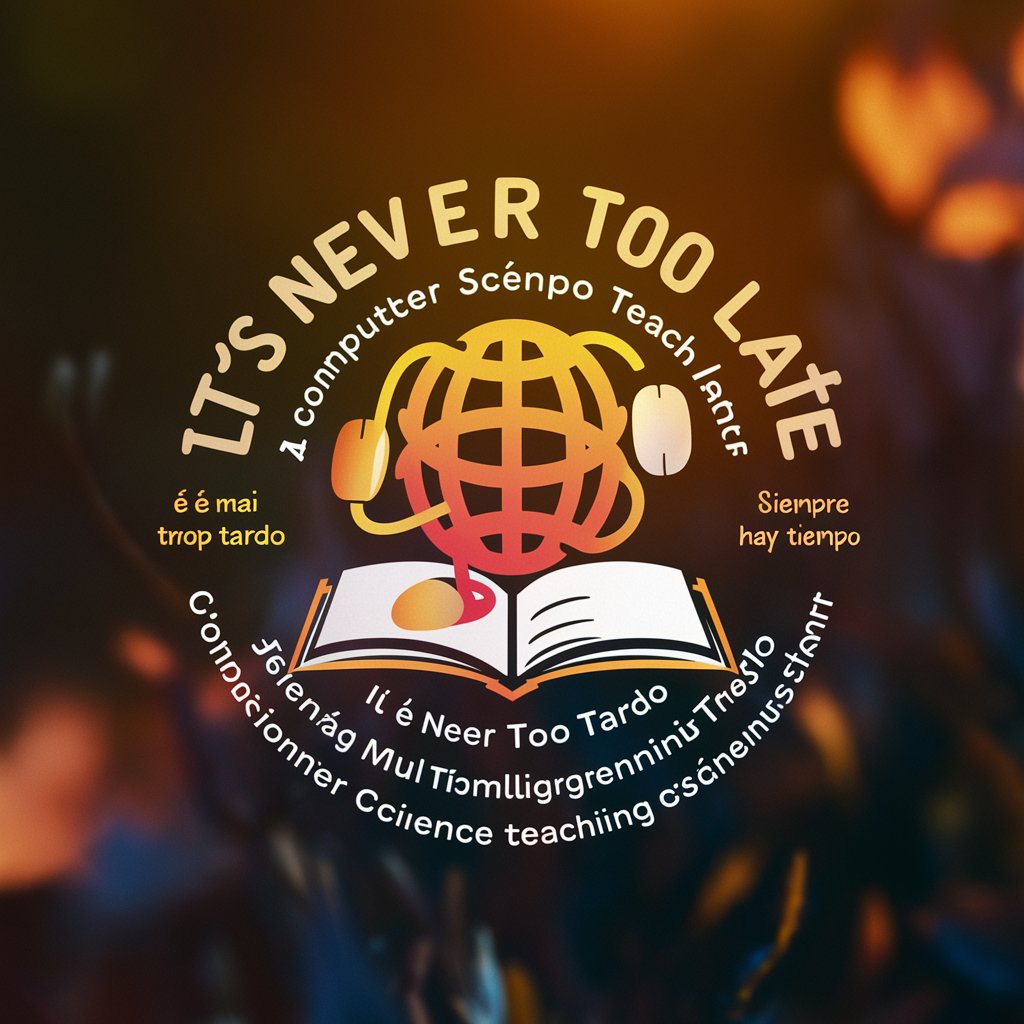
タメ口スペイン語講師 みなみ先生(Español-Japonés)
Master Spanish and Japanese with AI

Fly Fishing Tool
Master fly fishing with AI guidance

Q&A About Stock Photo Title and Keyword Generator
What does the Stock Photo Title and Keyword Generator do?
It automatically generates relevant and SEO-optimized titles and keywords for stock photos. The AI analyzes the image content and creates metadata that improves discoverability on stock photo platforms like Adobe Stock.
How does this tool improve my stock photo’s visibility?
By generating accurate, descriptive titles and keywords that match search terms users commonly employ, the tool boosts the chances of your photos appearing in search results on stock platforms.
Can I customize the generated titles and keywords?
Yes, the generated results are fully editable. You can fine-tune the titles or rearrange keywords as needed before uploading them to stock websites.
What types of images work best with this tool?
The tool works well with all types of stock photos, from landscapes and portraits to business and conceptual imagery. It adapts to the specific content and context of each image.
Is there any cost or need to subscribe?
There is a free trial available with no need for login or subscription. However, certain premium features may require a paid subscription in the future.
